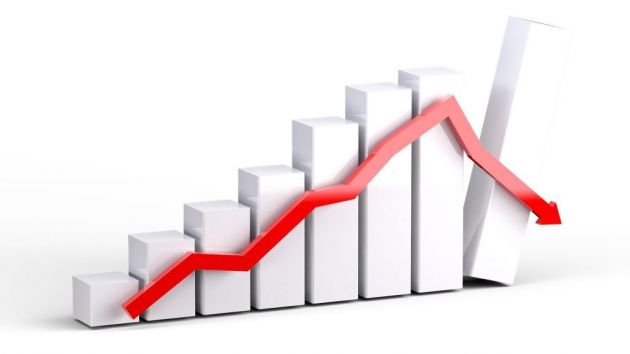What is the Singapore Strategy That the Economist Steve Hanke Proposes for Former Yugoslav Countries?
Source: Beta
 Thursday, 07.03.2024.
Thursday, 07.03.2024.
 11:41
11:41
 Thursday, 07.03.2024.
Thursday, 07.03.2024.
 11:41
11:41
Illustration (Photo: Freepik / rawpixel.com)

– As it has turned out, the geographic and historical characteristic will probably keep Serbia trapped in the big geopolitics game and the tug of war between the great powers. The best escape route is following the course that India has taken recently. In order to walk that rope successfully, a skillfully calibrated and sophisticated foreign policy is needed, which would provide Serbs with the right of choice – said Hanke, the former adviser to Ronald Reagan in the USA, Ante Markovic in the economic reforms in Serbia and Milo Djukanovic in the creation of the economic strategy of Montenegro.
He added that, as it has turned out, India has managed to do so primarily thanks to the skills of its minister of external affairs, S. Jaishankar.
When it comes to the economic growth of Serbia, Hanke said that, thanks to the economic sanctions, EU regulations and bureaucracy, the European economic growth was pretty anemic and that, compared with the anemic growth of Europe, Serbia appeared relatively strong.
Hanke said that, according to Steve Hanke's Annual Misery Index (HAMI) for 2023, of the 157 countries, Serbia had placed 60th, in the same class as North Macedonia (54th), Chile (59th), Kazakhstan (61st), Montenegro (62nd), Peru (63rd) and Saudi Arabia (64th).
– So, its not catastrophic, but that great either, because the high unemployment rate is the main factors dragging Serbia down – Hanke estimated.
The authorities in Serbia, according to him, have too much influence on the economy.
When asked what he would propose to the former Yugoslav countries if they invited him to advise them and whether he would give them the same advice he had given to Ante Markovic, Hanke said that the former Yugoslav countries should adopt what he called the Singapore Strategy.
– Singapore gained independence in 1965. At the time, it was undeveloped and poor. The per-capita income that year, adjusted for inflation, was about as equal to the one in poor countries like Serbia. However, when it was being founded, Singapore had a leader, Lee Kuan Yew, who had clear ideas about how to modernize the country. His Singapore Strategy entailed stable money and he refused to accept foreign assistance of any kind – Hanke said.
He said that one of the elements of the Singapore Strategy had been the striving for competitive private companies from the “first world” countries, which had been achieved through “light” taxation and regulations, along with a fully open and free trade.
The fourth element in the Singapore Strategy, as he said, was an emphasis on personal safety, public order and protection of private property, and the fifth and the last one was a “small”, transparent government which avoided complexity and “bureaucracy”.
– In order to implement the strategy with precision, Singapore appoints only first-class state officials and paid them first-class salaries. Today, for example, the annual salary of the finance minister of Singapore exceeds EUR 1 million. In exchange for such high salaries, the Singapore Strategy demands for the government to run a tight ship, without waste or corruption. Singapore has thereby transformed itself from a poor, barren spot on the map into a global financial center and one of the richest countries in the world – Hanke said.
Tags:
Aleksandar Vučić
Steve Hanke
Ante Marković
Milo Đukanović
Lee Kuan Yew
economic growth of Serbia
Steve Hanke Annual Misery Index
HAMI
Singapore Strategy
Comments
Your comment
Most Important News
Full information is available only to commercial users-subscribers and it is necessary to log in.
Follow the news, tenders, grants, legal regulations and reports on our portal.
Registracija na eKapiji vam omogućava pristup potpunim informacijama i dnevnom biltenu
Naš dnevni ekonomski bilten će stizati na vašu mejl adresu krajem svakog radnog dana. Bilteni su personalizovani prema interesovanjima svakog korisnika zasebno,
uz konsultacije sa našim ekspertima.


 Izdanje Srbija
Izdanje Srbija Serbische Ausgabe
Serbische Ausgabe Izdanje BiH
Izdanje BiH Izdanje Crna Gora
Izdanje Crna Gora


 News
News










